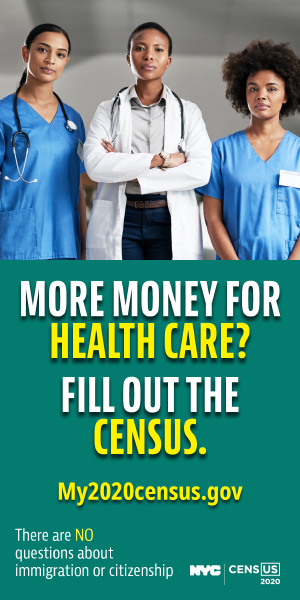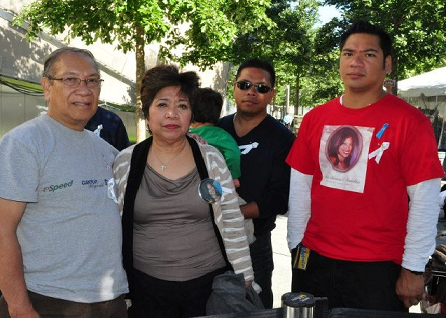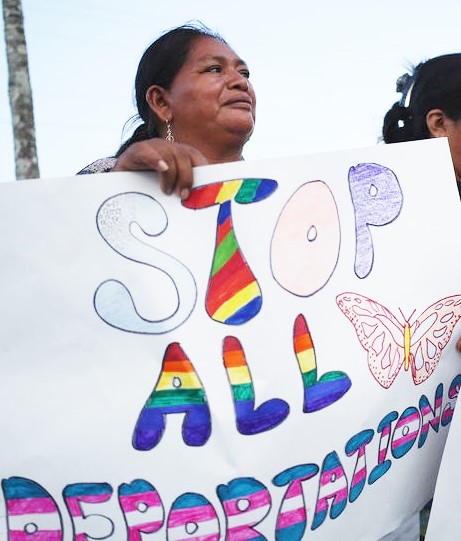Mom and pop businesses got no help from gov’t: lawmakers

By Sunita Sohrabji
The mom and pop small businesses of Main Street America largely did not receive funding from the $2.6 trillion CARES Act, conceded Rep. Ro Khanna, D-Calif., at a press briefing.
CARES Act stands for the Coronavirus Aid, Relief, and Economic Security Act.
Khanna and California state Assemblymember David Chiu led an April 17 briefing organized by Ethnic Media Services on the economic impact of the COVID-19 pandemic on ethnic communities.

“Banks had discretion about who they wanted to process and if you were a mom and pop restaurateur or a mom-and-pop dry cleaner and you didn’t have any prior relationship with a banker, then you were going to have a very hard time getting those loans,” said Khanna at the briefing.
The first stimulus package allotted $350 billion to the Small Business Administration last month to dole out to small businesses who are reeling from the economic hit of the COVID-19 pandemic and resulting shelter-in-place orders. The funds for the program ran out approximately 14 days after it began, with more than 1.6 million loans approved. The loans were offered to small businesses to help them meet payroll for up to eight weeks and other expenditures. The SBA had defined small businesses as those with fewer than 500 employees. Khanna said many such businesses are backed by wealthy venture capitalists and should have been ineligible for the loans.

“We need to have more checks on the SBA program to make sure that banks are setting it aside for the people and businesses that need it the most,” said Khanna.
Chiu, who represents portions of San Francisco, proposed a state stimulus package during the briefing, noting that California small business owners “have just been hammered.”
SBA data from 2018 show that small businesses in California employ almost half of the state’s labor force. Businesses with under 100 employees have the largest share of small business employment. “Immigrant communities have been the founders of a lot of these small businesses but can’t access capital in the way that others can,” Chiu said.
Chiu also discussed California Governor Gavin Newsom’s $125 million stimulus plan to aid undocumented workers. Nearly one in 10 workers in the state is undocumented, according to data from the Public Policy Institute of California.
Chiu told reporters on the call that a new pandemic unemployment plan would be up and running in about two weeks, to aid non-traditional workers in the “gig economy,” contract workers who currently make up about a third of the state’s labor force. — Ethnic Media Services


© The FilAm 2020











